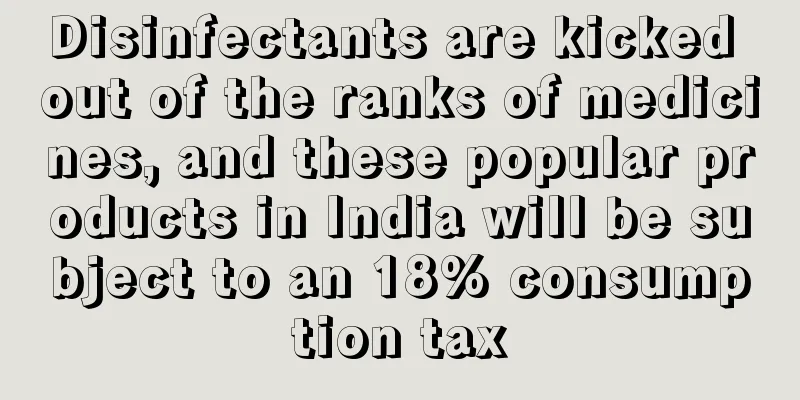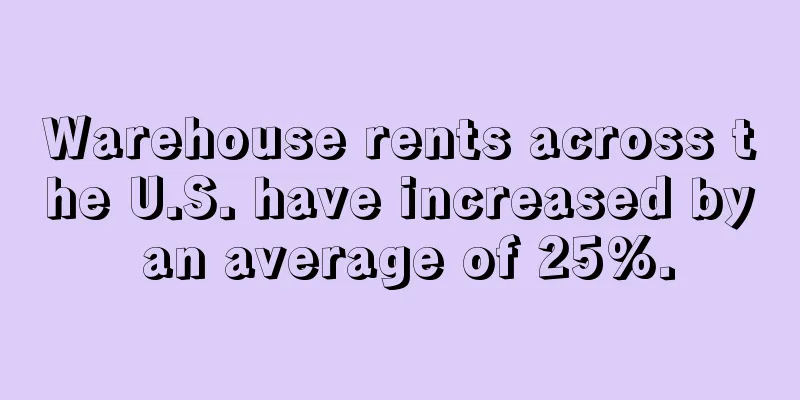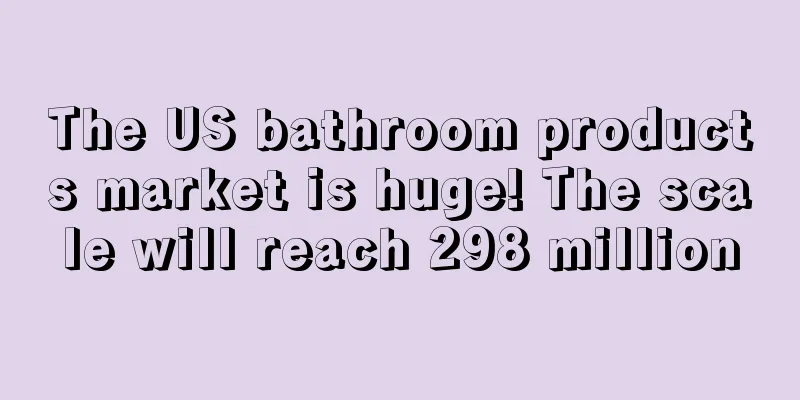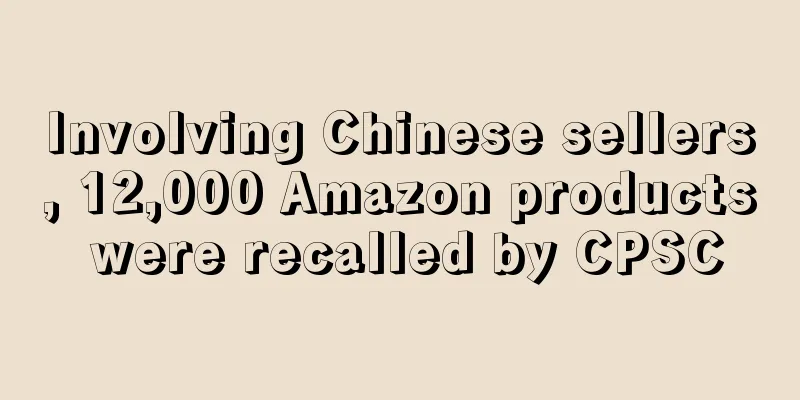Disinfectants are kicked out of the ranks of medicines, and these popular products in India will be subject to an 18% consumption tax

|
The Karnataka bench of the GST Authority for Advance Rulings ( AAR ) recently ruled that hand sanitisers are not medicines. Hence , the products will be subject to GST of 18% . Since 2020, the new coronavirus has been raging around the world, and India is one of the countries with the most serious epidemic in the world, and has become the second country with more than 10 million confirmed cases of infection. As of now, the epidemic situation in India remains severe.
Affected by the epidemic, cleaning has become one of the most concerned issues for Indian people since 2020. The popularity of the theme of "cleaning" remains high, and the search volume of multiple related sub-terms on the theme of cleaning has also continued to increase. As cleaning becomes a top priority, related cleaning products have also become regular players on the best-selling list. These products include personal cleaning and care products such as shampoo, shower gel, soap, laundry detergent, laundry powder and other products that have the function of disinfecting viruses and bacteria, as well as disinfectant products such as alcohol-containing hand sanitizer, disinfectant spray, alcohol wipes, etc.
According to Indian law, disinfectant products, as ordinary commodities, are subject to an 18% goods and services tax (GST). However, shortly after the outbreak of the epidemic, India's Wipro Enterprises ( a cleaning and toiletries company ) contacted the AAR to have disinfectants classified as pharmaceutical products, so that disinfectant products as medicines are no longer subject to the GST.
These products include alcohol-based hand sanitizers, products containing iodine cleaning solutions, and other disinfectant products that have obtained a pharmaceutical license. Recently, the ARR judge ruled that disinfectant products are not drugs. The ARR judge believes that disinfectant products cannot treat patients' diseases or prevent any diseases. They are just substitutes for soap and therefore cannot be identified as drugs. In the future, disinfectant products will be subject to an 18% consumption tax like other non-drug products. For sellers, whether disinfectant products are still worth a try remains to be considered. On the one hand, the 18% consumption tax will reduce some of the profits of the products, and the sellers' income will decrease.
On the other hand, the WHO said that it is expected that the global epidemic will still be difficult to end by the end of 2021, and anti-epidemic work will continue. As a severely affected area, India's epidemic situation is in line with the WHO's prediction. Since mid-to-late February, the number of confirmed cases in India has surged, and 240 mutant viruses have emerged. Therefore, disinfectant products will continue the hot sales trend of 2020, with a good momentum.
Relevant sellers can consider the above factors comprehensively and make decisions. Cross-border e-commerce E-commerce market E-commerce platform |
>>: The scale may reach 25 trillion won! South Korea's health care products market is booming
Recommend
What is Aspire Presenting? Aspire Presenting Review, Features
Aspire Presenting has been committed to providing ...
What is Contemporary Group? Contemporary Group Review, Features
Contemporary Group was established in July 1988. I...
Amazon's business sales in 2020 increased 25 times in 5 years!
On March 15, Amazon announced that its B2B enterp...
What is GoodSeller? GoodSeller Review, Features
GoodSeller is an ERP SaaS system that provides one...
What is Guangzhou Meidi E-commerce College? Guangzhou Meidi E-commerce College Review, Features
Guangzhou Meidi E-commerce College was founded in ...
The boss showed off the use of AI and then laid off 90% of the employees. Netizens: Your company is hopeless
A few days ago, the CEO of an Indian e-commerce c...
What is WhiteBIT? WhiteBIT Review, Features
WhiteBIT Estonian cryptocurrency exchange provide...
The number of blank air tickets has increased significantly, and the exchange rate of transatlantic routes is about to soar
The Baltic Freight Index (FBX) on Friday showed a...
The riots in South Africa have paralyzed the Port of Durban and some shipping companies have suspended shipping!
Last week, violence broke out in KwaZulu-Natal pr...
The seller has over 10,000 orders per day, Temu continues to attack
On the Temu platform, more and more sellers are s...
Amazon announces closure of in-car delivery service for Prime users
Recently, according to foreign media reports, Ama...
What is Senteq? Senteq Review, Features
Founded in 1987, Senteq began as a group of profes...
Cashback platform ShopBack: Online shopping remains the first choice for users during Ramadan
ShopBack provides users with cashback services fo...
Focusing on the last mile service, Indonesian logistics company SiCepat received US$170 million in financing
It is understood that SiCepat provides last-mile ...
The head coach has changed three times in one year, and the top e-commerce companies are no longer in their heyday
Wish once rejected an acquisition by Amazon, beca...









